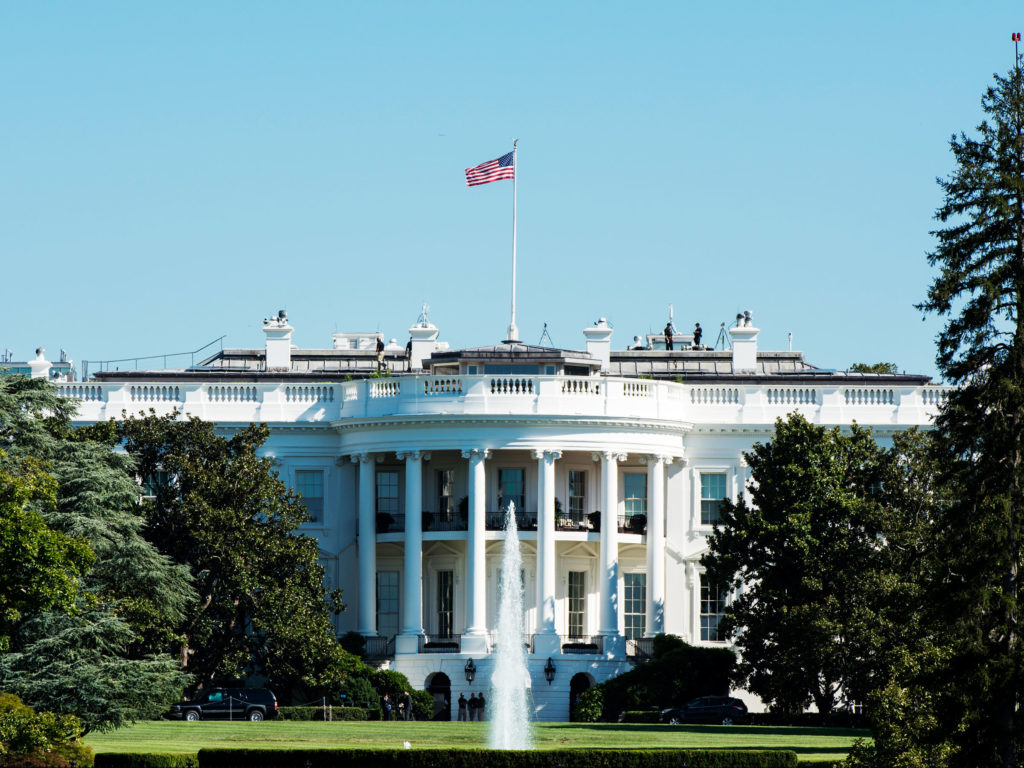-
Tips for becoming a good boxer - November 6, 2020
-
7 expert tips for making your hens night a memorable one - November 6, 2020
-
5 reasons to host your Christmas party on a cruise boat - November 6, 2020
-
What to do when you’re charged with a crime - November 6, 2020
-
Should you get one or multiple dogs? Here’s all you need to know - November 3, 2020
-
A Guide: How to Build Your Very Own Magic Mirror - February 14, 2019
-
Our Top Inspirational Baseball Stars - November 24, 2018
-
Five Tech Tools That Will Help You Turn Your Blog into a Business - November 24, 2018
-
How to Indulge on Vacation without Expanding Your Waist - November 9, 2018
-
5 Strategies for Businesses to Appeal to Today’s Increasingly Mobile-Crazed Customers - November 9, 2018
White House proposes rule to welcome immigrant entrepreneurs
U.S. Citizenship and Immigration Services (USCIS) is proposing a new rule, which would allow certain worldwide entrepreneurs to be considered for parole (temporary permission to be in the United States) so that they may start or scale their businesses here in the United States.
Advertisement
This new rule takes advantage of the existing Immigration and Nationality Act, which permits the government to grant people temporary entry into the country on a case-by-case basis for “urgent humanitarian reasons” or “significant public benefit”.
“America’s economy has long benefitted from the contributions of immigrant entrepreneurs, from Main Street to Silicon Valley”, said Director León Rodríguez.
The family members would be entitled to Parole status along with the Entrepreneur, and spouses would be able to apply for an employment card.
There’s no cap on the number of people who would be admitted to the country under this rule, but there would be significant restrictions.
The Department of Homeland Security made the announcement of the proposed new immigration rules for entrepreneurs last Friday and the Obama administration is calling the new rule as the “start-up visa”.
Under the rule, DHS would issue temporary permission for entrepreneurs to live in the United States if they have at least 15 percent ownership in startup companies formed in the country within the past three years.
The second tier grants founders admission for an additional three years.
After that, entrepreneurs looking to stay in the USA could apply for other existing visas, like the EB-2 visa, which is employment based. For six years straight, Silicon Valley lobbied hard to get Washington to offer visas to foreigners who wanted to launch companies in the United States, but despite bipartisan support in Congress, the effort failed last year because “few people were willing to make it a priority”, immigration activist Craig Montuori told Bloomberg. And tech-backed lobbying groups like FWD.us have been working with the White House since 2015 to make this legislation possible.
USCIS Director León Rodríguez said the proposed rule, when finalized, will help the United States economy grow by expanding immigration options for foreign entrepreneurs who can create jobs, attract investment and generate revenue in America.
Parole entitles the entrepreneur to live and work in the US for at least five years, and it is renewable as long as the government believes the business is successful.
“Immigrants have helped start as many as one of every four small businesses and high-tech start-ups across America, and the majority of high-tech start-ups in Silicon Valley”. The extension to entrepreneurs seems natural, though the criteria recommended presents interesting insights into how the government determines the public benefit of any given startup.
More than 40 percent of Fortune 500 companies were founded by immigrants or the children of immigrants.
It’s important to offer immigrant entrepreneurs stability and certainty, so that they do not have to leave the company that could become the next PayPal, Levchin said.
Advertisement
The International Entrepreneur Rule does not create new authority but instead directs Customs and Border Protection (CBP) officials to use their existing authority to grant applicants “parole”. “To remain a global economic powerhouse, we better find out a way to fix this problem”, he said.




























